In rural areas of Uganda, farmers often lack access to modern equipment and approaches which stiffles efforts to reduce poverty and improve food security.
In light of the country's reliance upon the agricultural sector, alongside any intervention which seeks to modernise farming practices, there is also great potential (and local enthusiasm) for turning the byproducts of farming into green energy.
Through the REPARLE project, ACTED is working with a range of Ugandan enterprises to improve access to agricultural storage and processing facilities, while turning harmful farm waste into a clean source of local energy production.

Rural smallholder farms are typically organised with one acre devoted to each crop, most commonly maize, rice and groundnuts.

While the majority of land is typically devoted to cash crops, smallholder farmers also cultivate some crops for household food security.

Prior to ACTED’s intervention in Nwoya district, farmers had very limited access to modern farming techniques and equipment, leading to low yields.

Farmers also lacked clean dry, storage spaces in which to store post harvest crops, leading to poor quality produce and wastage.
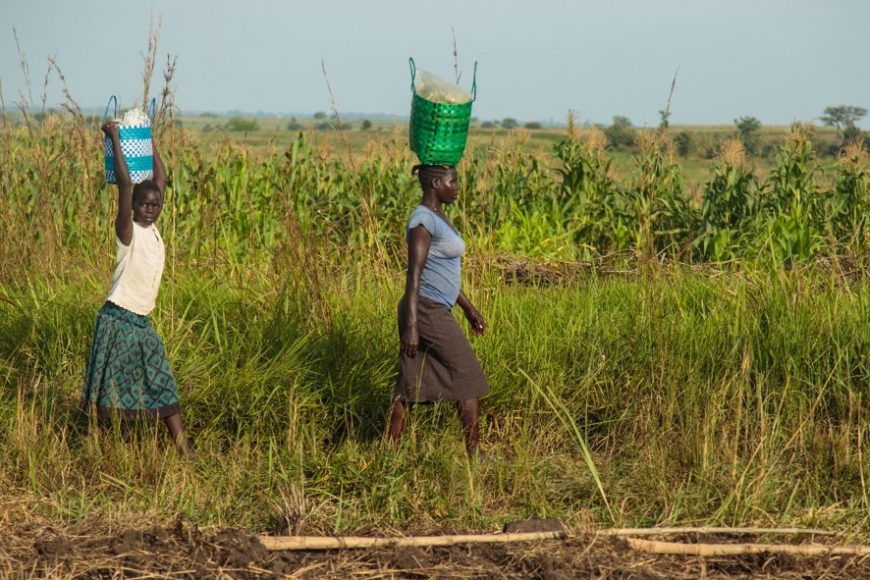
Women and children also had to walk very long distances to buy farming inputs, sell produce at market and access processing facilities.
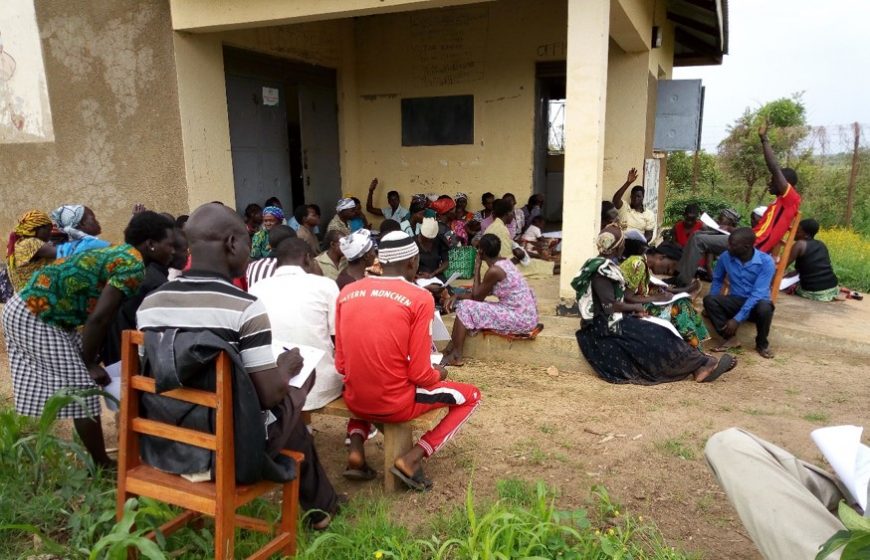
Through REPARLE, smallholder farmers have access to agricultural training to help improve yields, post harvest handling, and market access.
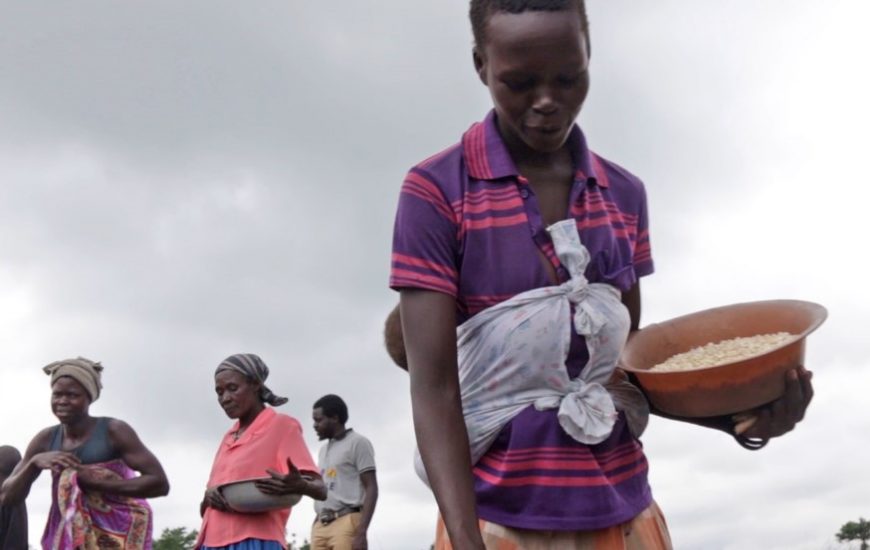
Through REPARLE, smallholder farmers have access to training in modern cultivation practices, beginning with efficient planting, to help improve yields.
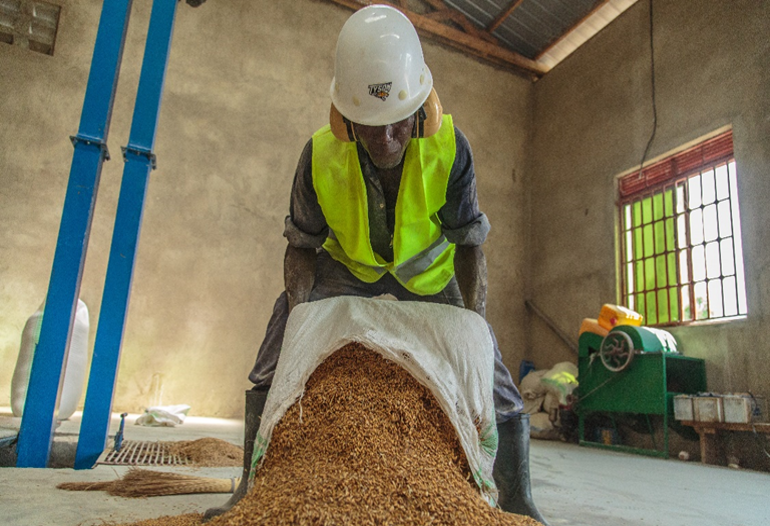
The agricultural waste contributed by REPARLE farmers then goes to Ugandan enterprises which use this waste to create green energy.
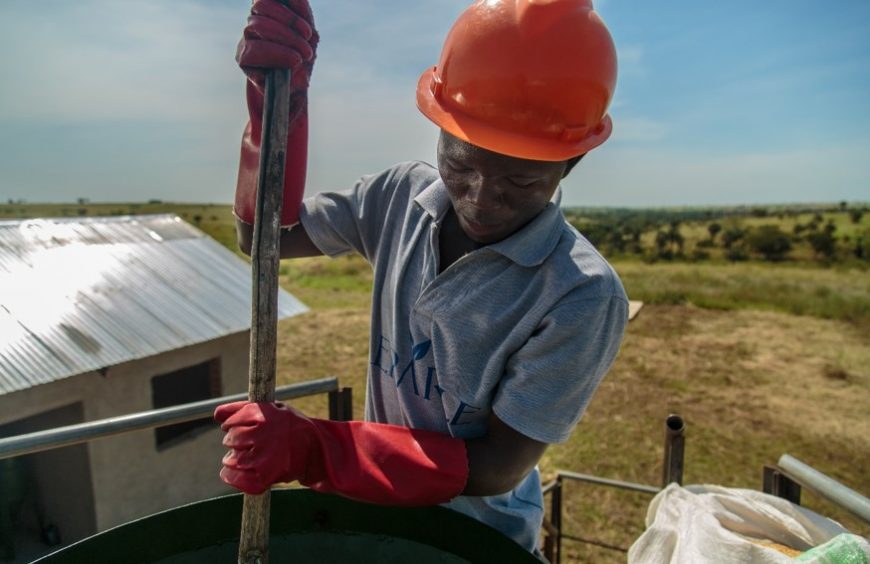
REPARLE transforms agricultural processing residues, through biomass gasification, to generate electricity to power rural communities, and clean cooking fuel briquettes.
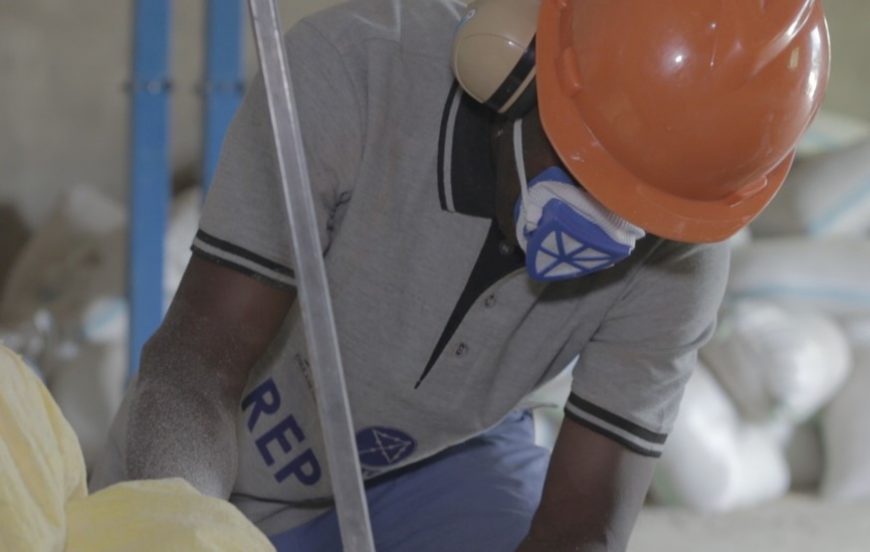
ACTED also links REPARLE smallholders with companies with the capacity to clean, dry, store and transforms their harvest into high-value processed products.

A project participant shows a handful of processed agricultural produce.
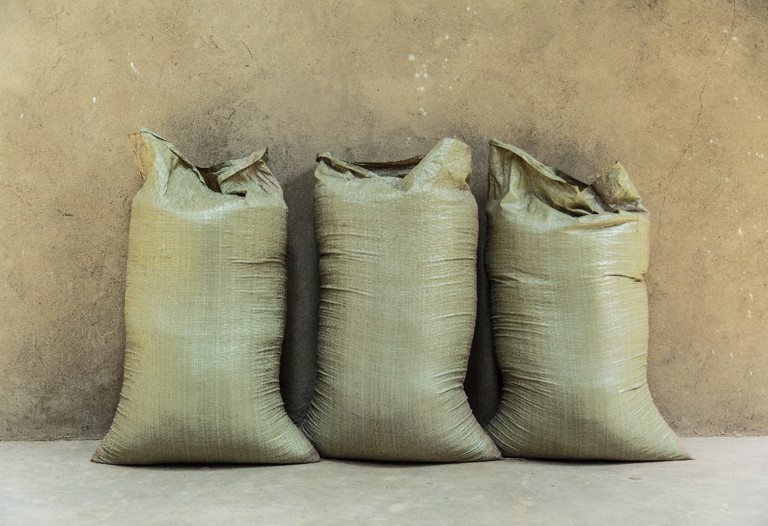
Final products ready for transportation to the market – The project only uses re-useable sacks to keep the use of plastic to a minimum.

The REPARLE project allowed the establishment of an Agricultural Processing Hub. The facility creates a space for warehousing, drying, cleaning, processing and packaging for rural smallholder farmers
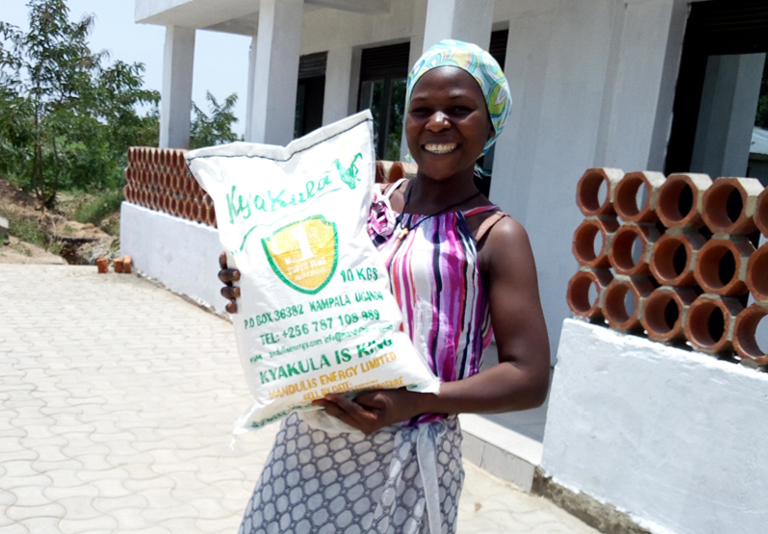
Farmer with high quality maize flour processed and packaged at REPARLE.
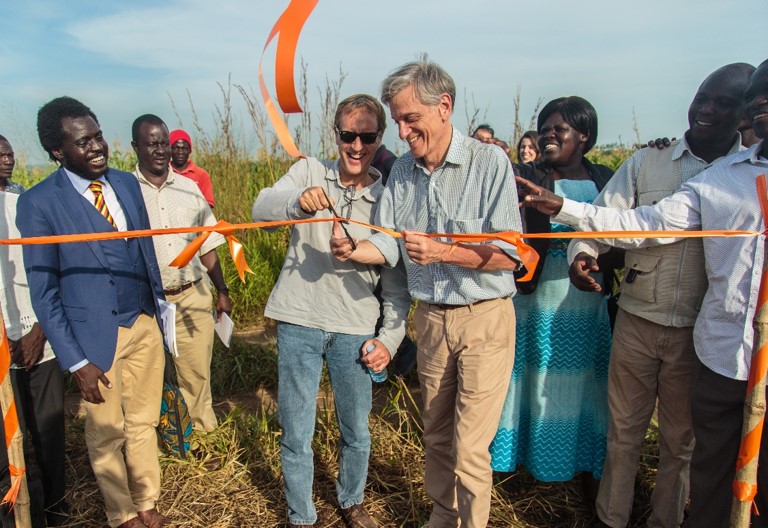
ACTED and TOTAL representatives inaugurate a new area of the REPARLE site which will be dedicated to a gasifier, milling and warehousing facilities.